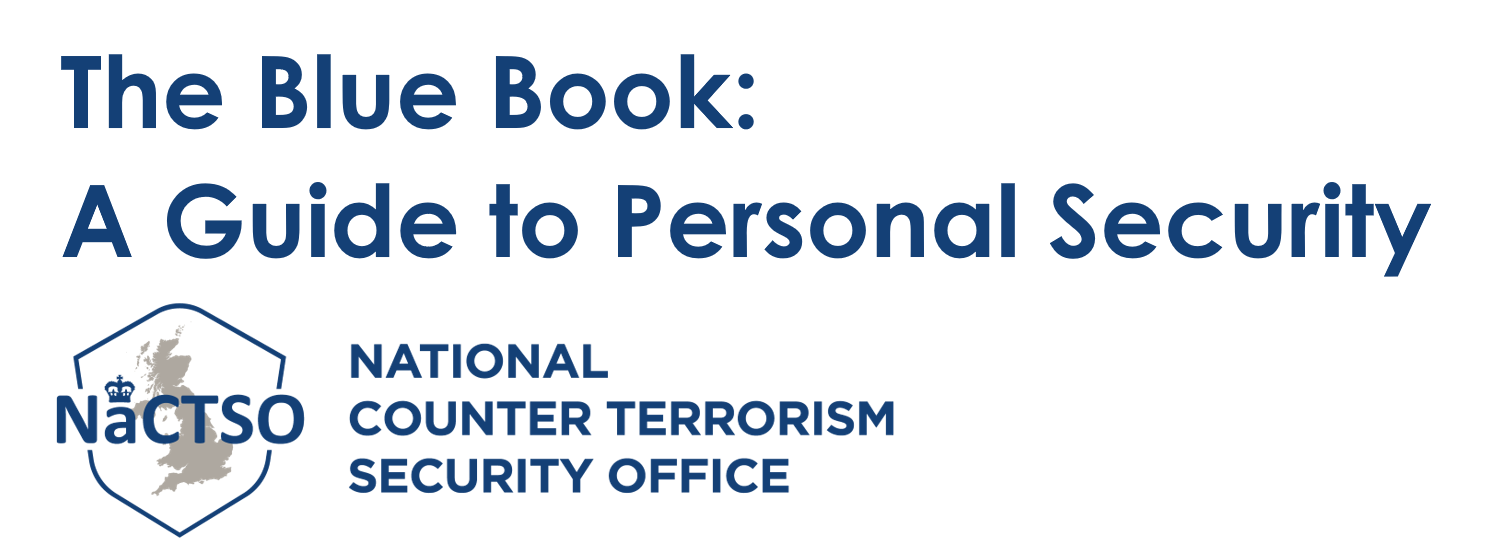Leafleting campaigns
Your neighbours may receive letters or leaflets describing in extreme terms the work that you do. Most people, whatever their personal view on the subject at issue, will be sympathetic towards anyone who is being victimised.
-
you may want to talk to your neighbours
-
all incidents should be logged and reported to police and to your employer
-
do not remove any posters or offensive notices found on your property without prior, careful examination
-
leaflets or other materials should be passed to police
Avoid revealing details about personal circumstances which might be of use to a person planning to target you or your business interests.
This includes interactions with the media, be it for work or social purposes.
It is impossible to provide advice to cater for every eventuality but the following are some examples of the kind of publicity which should be avoided or controlled:
-
home addresses and other identifying details should be excluded from business publications and online networks
-
work related press releases, publicity materials and website content should be reviewed to see if any information can be removed or amended to protect individuals
-
television camera crews and press photographers should not generally be allowed to enter private homes. However, where agreement is reached to grant interviews to the press on private premises or to the publication of articles about the private lives of interviewees or their families, the media should be asked not to publish details which would help to identify a home address or regular way of life
-
the electoral roll is a source for commercial companies to obtain your personal information. You can seek advice on how to protect this information from your local authority
-
if you have professional membership of any business-related organisation, ask them not to publish your full details or, if they do, to put them on a password-protected area of the site
